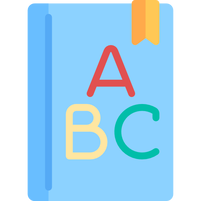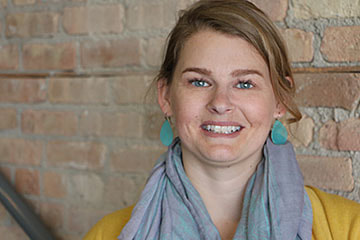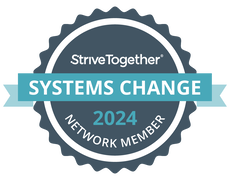|
Words might be one of the most powerful tools we as humans have. As a partnership whose role is to bring our Kenosha County community together to improve student outcomes, we know words have the power to inspire people together towards action, or to divide and “other” groups that are different from us. When phrases are embedded in our everyday language, it can be difficult to take a step back and think about the broader meaning behind the words. But, we believe that using continuous improvement and being reflective in our work is the only way for us to move forward.
That’s why we encourage you to consider flipping a script that you may not even know that you have, and that we’ve also used. In education, it has become widely understood that there is an “achievement gap” that exists. This is most often used to describe the difference in academic outcomes between student groups--typically, between white students and students of color. Now, it is helpful to have a common language so that when people come together to create solutions, everyone is on the same page sooner and can help move the conversation further. And, we want to make certain that we’re creating positive narratives that will encourage all our Kenosha County students to achieve their full potential. In recent years, some have suggested replacing “Achievement Gap” with “Opportunity Gap.” The word “Achievement” very subtly attributes lower rates of academic success to the students themselves, or to the schools, rather than to the unequal and inequitable distribution of educational opportunities to different student groups and neighborhoods. This shift may also change our mindsets as we work together to identify solutions that lead to more equitable outcomes. Opportunities for students to choose and own books in their own home, attend high-quality early childhood education, participate in summer camps, and build relationships with adults with varying careers and post-secondary credentials, all have a compounding effect on a student’s achievement over their lifetime. The issue, therefore, is an opportunity gap, not an achievement gap. Our hope is that this re-frame will inspire us to continue working together towards systems change--leading to systems where all of our students have access to equitable opportunities to support and promote their learning and success. How You Can Help:
Comments are closed.
|
Categories
All
Archives
May 2024
|


